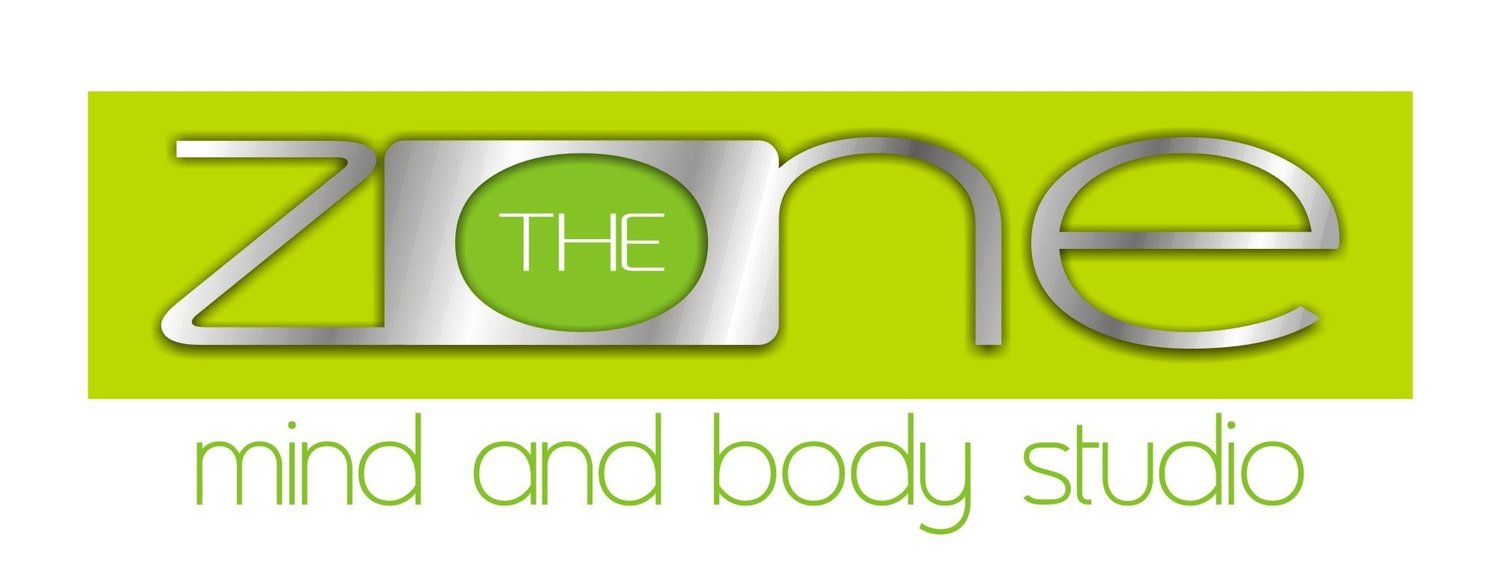Your Personal Training Program
‘I do personal training’. A response I often get when enquiring about an individual’s fitness program. Actually, it’s more like a declaration, backed by a strong sense of belief that one is completely sorted out in terms of their fitness - because they do personal training.
However, as the conversation progresses, I find myself addressing varied concerns that the individual has been experiencing over a period of time. These generally relate to the knees, shoulders, back, tight muscles, weak core etc.
When it’s pointed out to them that their training program might need some changes it’s usually met with resistance.
It is important to remember that what seems right just because it’s familiar may not necessarily be suitable for you.
Your personal training program should make you stronger, more energized. It’s as simple as that.
Do you regularly feel fatigued, have stress or experience frequent concerns, such as muscle tightness, back/knee/shoulder pain etc?
Then, the personal training program you are investing your time, money, and effort in, is not working for you. Period.
Personal Training specific to you
Personal Training refers to one-on-one fitness workouts, designed and conducted by a fitness professional, specific to your goals.
Those goals could range from becoming fitter, recovering from an injury, pre-natal or post-natal fitness, special population needs, sports-specific training to more.
Your personal training program should focus on building and maintaining muscular and cardiovascular fitness. Broadly, it should include conditioning for endurance, mobility, balance, coordination, and agility.
I would take it further, to include goals of building better body awareness to enable you to carry forward good posture and efficient movement patterns into ALL aspects of your daily living.
This will minimize injury-risk and stress to your body - which should be an important goal of your personal training program.
Your training program is only as good as your trainer.
The goal of your personal trainer/coach/instructor, when designing your program, should be to help you achieve your fitness potential to the best of your abilities.
Your workout efforts should comprehensively address all aspects of your fitness.
Each session should be designed to incorporate variations and challenges that ensure a work-in-progress approach for you.
That is the primary benefit of investing in a personal training program – every part of the session is customized to work towards gains for you!
All workouts are not created equal. Do your personal training sessions consist of generic training programs based on a one-size-fits-all approach or on currently popular workouts?
Or is ‘working up a sweat’ and ‘feeling the burn’ the primary focus of your sessions?
None of the above are optimal to realising your fitness goals.
Also, the same set of ‘workout routines’ done repetitively lead to boredom, lack of focus, and poor form – resulting in stress and injuries to the body.
Intensity over form. This unfortunately is a common manner of training. Trainers take pride in how worn out and drained their client is at the end of each session, often to the point of the client actually feeling physically sick.
This is definitely not the defining factor of a good workout.
In fact, your trainer should be focused on how good and energized you feel after every session.
Not on how tired and beaten down you walk out of the room.
Don’t stand in your own way. Sometimes clients are so invested in their training and the results they are aiming for, that they are eager to provide inputs as to what they think they should be doing and how.
As I point out to my clients, they have chosen to train with me based on my knowledge and experience – so they should let me use that to help them towards their goals!
The inputs that I will always gather from my clients relate to background and history relevant to their fitness training, their lifestyle, and their goals.
Their training program is designed based on this information, with changes made as they progress.
It is self-defeating to keep second-guessing your trainer or to assume you know more!
Overestimating your training goals. Achieving a specific goal can be a motivator. And often it’s tempting to want to rush into movements that probably your body is not ready for.
Expecting to achieve results immediately or in the short-term can be unrealistic - setting you up for failure and frustration, when unable to achieve it in your estimated time-frame.
All good things come with time and effort! That’s the purpose of your personal training – to build your fitness to achieve goals set by you and your trainer.
